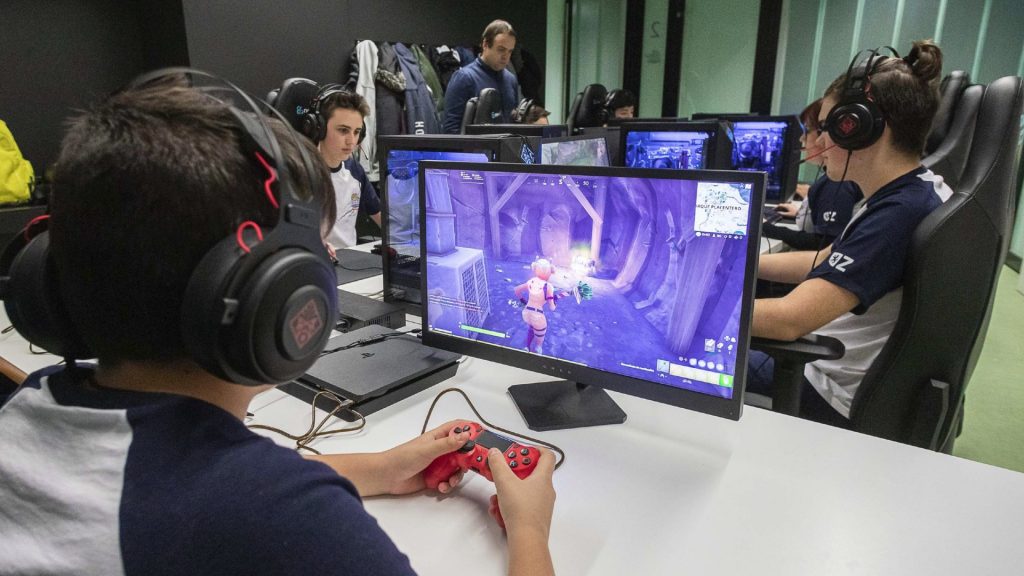Scientists Say Video Games Make Children More Intelligent
A recent study found that kids who play video games show signs of higher intelligence over those who don't.

A recent study, published by researchers at the Karolinska Institute in Sweden, has found some remarkable information. U.S. screen time and childhood intelligence was measured. It was concluded that children who play video games more often had higher intelligence levels.
A sample of over 9,000 American boys and girls between the ages of 9 and 10 participated. Both them and their parents were surveyed about the amount of time that the children dedicated to video games, television, and social media. A follow-up was done within 2 years on 5,000 of the children, and they were tested. The children spend about an average of 1 hour playing video games, 2.5 hours watching television, and a half hour navigating social media. It was found that those who spend more time playing video games had a higher level of intelligence, and that watching TV and playing on social media had no significant positive or negative effect.
While intelligence was measured, researchers did not survey the effects on other areas of life. Sleep patterns, physical activity, school performance, and each child’s overall wellbeing were not studied, nor were environmental factors or the specific types of video games being used by the participants. That is the next phase of the study.
For years now studies have been working to determine what effects video games have on the human brain. In 2013 Queen Mary University of London and University College London scientists studied a group of 72 females. Their cognitive flexibility — or their ability to make split-second decisions was measured. The group was split into 3 separate tiers and each group was given a different type of game to play. The first and second groups were assigned StarCraft, a real-time strategy game, and the second was assigned the Sims, a life simulation without memory and tacticals needs. After 6-8 weeks, researchers were able to measure a significant improvement in the first two groups’ cognitive flexibility.
In 2014, a study published in the Proceedings in the National Academy of Sciences, found that action video games improved participants’ ability to learn in general. Their training-induced performance led to better focus on fulfilling a task. These findings and those of the latest study are aiding teachers and parents as they seek education options. Many modern online learning resources utilize video games to teach students while offering an enjoyable experience.
In addition, none of these studies focused attention on the impact that video games have on physical activity, emotional intelligence, or personal relationships. These studies also focused on test groups that played video games for limited spans of time. While the findings do offer parents and teachers more insight as to how to use gaming for educational purposes, video game addiction is still a concern and other related screen time issues are serious, so making sure to offer constructive gaming time along with other options may host more benefits.

The link between video games and learning has been in question for decades. Now that studies are displaying the positive educational impact that limited game time offers students, parents and teachers can use this information to better direct children’s education. Children learn best when they’re focused and having fun. Although in the past they were not seen as such, video games can be used as a teaching tool to provide students with an enjoyable learning experience.



